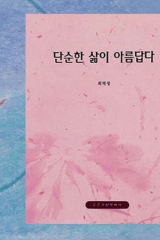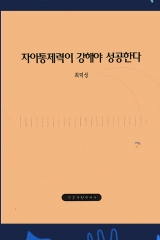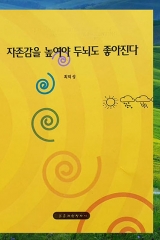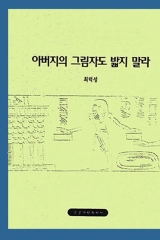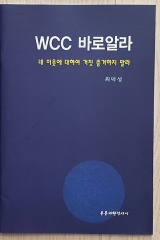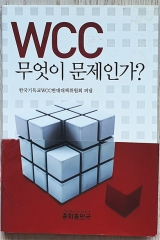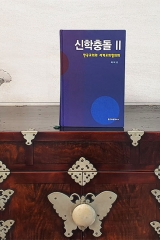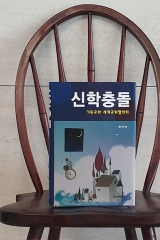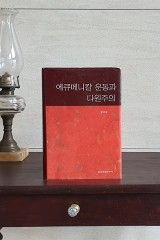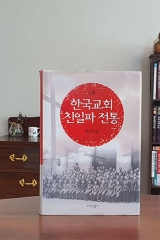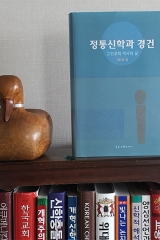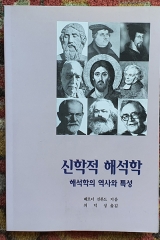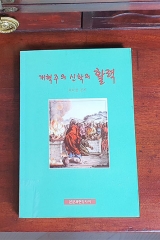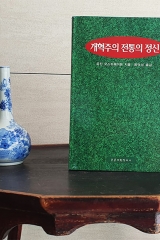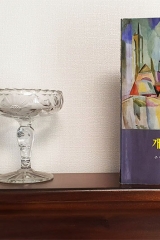
Intellectual tyrant
The growing and deepening polarization of our society is making people an intellectual tyrant. The atmosphere of judging and condemning the other person with a confrontational view of politics has passed over the normality. It is said that ignorant is brave. Left-to-right, socialism-to-liberal democracy, ruling party-to-opposition, modernism-to-conservatism, liberal theology-to-orthodoxy, obsession, prejudice, and ignorance that emerge from contextual and normative understanding are mass-producing intellectual tyrants.
Looking at the media and social communication network, we can confirm that we are living in an era of intellectual tyrants. A desperate intellectual makes claims like a psychopath. In some cases, the claim is not consistent with the proofs, or the claim is completely unfounded.
Heretics who make absurd claims in the conners of the church are overthrown, justifying evangelism by lying and take it for granted in the name of 'moving the mountain', which is no different from robbing the property of an existing church. Recently, an absurd YouTube video called "The Counselor" in the prison is the judge of God, has uploaded as a Facebook sponsored video.
Media companies prefer 'Fact Check'. It seems that they believe that facts are always verifiable and true. As matter of fact, the fact is not as pure and objective as you might think. This is due to the various relative factors involved in the process of fact production and the interpreter's limitations. Interpreters tend to find what they want in the fact rather than the fact itself. True and false, right and wrong, and the fact check that confirms this are all areas where interpretive or hermaneutical insight is needed.
There is a distinction between philosophical hermeneutics and the hermeneutics of Christian Bible. The two are closely related. Both Bible interpreters and commentators work on hermeneutical grounds. Whether they are conscious or not, they use a series of premises, principles, and interpretations. Interpretation and premise-perspective-preunderstanding have a close relationship.
There are limits to a person's ability. Even the best interpreters have limitations. If you do not understand the limits of your intellectual abilities, you will fall into an intellectual tyrant. Immanuel Kant's epistemology has contributed greatly to humanity in that it points out the limits of human reason.
To overcome the limitations of intellectual abilities, it is essential to discuss the understanding of the group, traditions, and the spirit of the age of the producer of the fact or text, and the relation of interpreter or reader. Hermeneutics critically identifies the relationship between text and the author who produced it and the reader who reads and interprets it.
This progress of examination appropriates the method of interpretation for linguistic, pictorial, and other forms of human expression in text. It provides a comprehensive view of the influences on the development of the hermeneutic thinking of the individual who interprets the text, the situation in which the interpretation takes place and the important characteristics of the interpreter.
Modern humanities are focused on hermeneutic questions. No academic activity is possible without raising hermeneutical questions. Consistent with this trend, modern theology focuses on hermeneutical discussions that narrow the distance between two horizons, the text of the past and the interpreter of the present.
The church history or history of Christianity served by Christian is a history of constant interpretation. Conveying the gospel and confessing and applying it to living faith in today's field of life requires interpretation and reinterpretation of the Christian text, the Bible, and things related to it.
This work has always been accompanied by new tensions. The Christian community has shown different views on a variety of issues. Even today, he.she takes a different position on the baptism, gift of the Holy Spirit, the laying hands on women, the nature and authority of the doctrine, the content and form of church education, the structure and institution of the church, the traditions of the church, and sex identity or homosexual issues. This is because the interpretation of the text and things related to it is different.
This difference is more pronounced by those who want to critically review the Church's existing position and those who defend it at any cost. The theologian's mission is to identify possible issues of concern and to provide appropriate criteria for critical and constructive review of religious common heritage. This effort requires interpretation and reinterpretation of the external and internal elements of faith, such as the Bible, church tradition, confession of faith, doctrine, theology, and history.
Idolism, which is often found among theologians seeking to defend biblical faith, tends to absolutize their beliefs as the only “biblical” view. By thinking about what he has been dealing with so far in the same way and putting it in the same form, he thinks that he is transcending all positions. He puts himself in the center of nature and the universe, sets himself as the basis for all thoughts and judgments, and considers his subjective view 'objective'. Even theologians say their opinions, but often say, "To be objective...."
The irony is that even theologians under the theological modernism with with a relativistic paradigm of truth take a very exclusive attitude towards their views and other beliefs, especially orthodox. It is a common practice that it is often the time to “new shaman kills man and womern”. This phenomenon occurs because of the lack of mutual understanding and neglecting the analytical conditions and processes involved in understanding the text
Human understanding of the truth will always be influenced and influenced by the historical and cultural context of the era in which they live. There is no imaginary, metaphysical, super-historical or super-human realm in which human beings can learn infallible truths except the divine realm of special revelation. Therefore, it is impossible for man and women to know truth that is reasonably absolute or propositionally profound. For this reason, sound intellectuals always try to learn and humbly explore the certainty of truth by realizing the hermeneutic conditions and limitations of understanding the truth.
Intellectuals who are not intellectual tyrants should be critical of any distortions, prejudices, and mistakes that they may have, and are not willing to interpret the text in hermeneutical activities in a way that fits their own understanding, and at the same time, willingly respect the views of others. His pre-understanding is reviewed by the text, and he has a proactive attitude to be willing to correct his or her hermeneutical insights based on the results of hermeneutical review.
A person who is not an intellectual tyrant, as St. Augustine said, does not read the text, but constantly tries to make the text read himself/herself and be aware of his/her needs and the work of the Holy Spirit in himself. Instead of interpreting the Bible, the Biblical text inperprets the readers, subordinate themselves to the Word and the Holy Spirit while maintaining a self-critical attitude.
The ideal interpreter is interested in the interpretation of the text, the world in which the interpreter is living and themselves. Insights into hermeneutic limitations or conditions, that act of reading the text promote readers comprehension. Hermeneutics is not an optional task to contend with speculative theologians, but an essential task for all theologians seeking the certainty of truth. No religious tradition, no theological tradition, or no church tradition exempt the obligations of hermeneutical and critical thinking.
The Reverend Douglass Choi, Ph.D.
Professor of Christian Dogmatics
President, Peniel Theological Seminary, Korea
President, BREAD UNIVERSITY, a platform of supplying theological lectures,
Copyright, all reserved by REFORMANDA
▶ 아래의 SNS 아이콘을 누르시면 많은 사람들이 읽을 수 있습니다.
